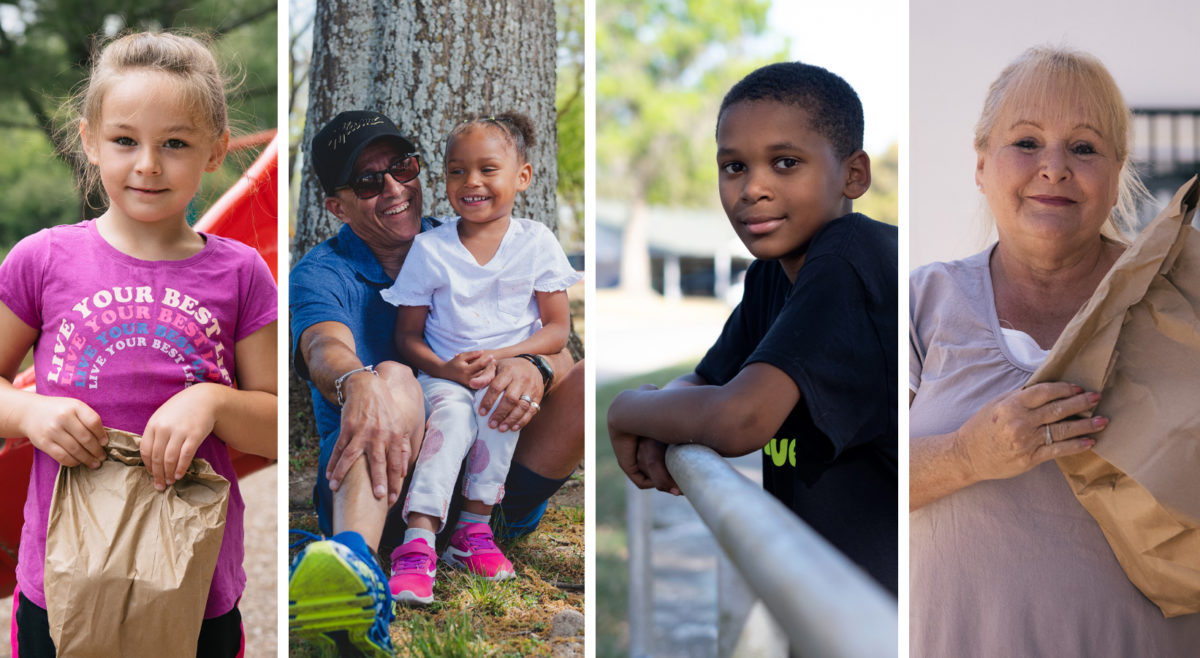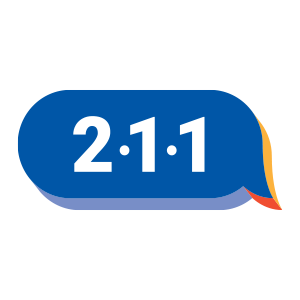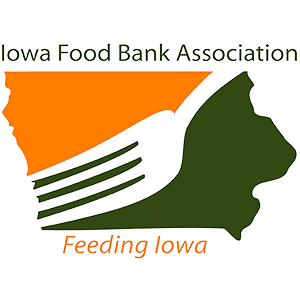On May 31, 2025, Brian Barks, President and CEO of Food Bank for the Heartland, and Michaella Kumke, President and CEO of Food Bank of Lincoln, developed a joint op-ed to encourage people to contact their U.S. Senator in response to the proposed changes to SNAP under the House’s Reconciliation Budget bill. Read the op-ed in its entirety below.
The House’s recent passage of the Budget Reconciliation bill could upend the Supplemental Nutrition Assistance Program (SNAP)—formerly known as food stamps. As written, it would permanently change its structure and cut $300 billion over the next decade. It aims to do this by shifting benefit costs to states. It would require states to pay a portion of SNAP benefits, ranging from 5% to 25%, and increase the states’ share of administrative costs from 50% to 75%.
This shift could cost Nebraska approximately $49 million and affect as many as 155,000 individuals on SNAP, including 66,000 children and 17,000 seniors, according to estimated projections from Feeding America. Transferring the program’s costs to financially strapped state governments, which are already facing budget deficits, will force them to make extremely tough choices, including cutting essential programs or raising state taxes.
Other changes include restricting future adjustments to the Thrifty Food Plan, which would cut SNAP benefits, The Emergency Food Assistance Program (TEFAP), and SUN Bucks/Summer EBT benefits. The bill also redefines what a “dependent” means under SNAP and will take away much-needed benefits from some of our most vulnerable populations. It would expand burdensome red-tape requirements for work reporting and increase the number of individuals subject to time limits on their benefits, including parents of school-age children over six and adults aged 55 to 64. In Nebraska, individuals who can work are working. Our 3% unemployment rate is proof.
Bottom Line: Changing the way SNAP is funded would severely weaken the nation’s most effective anti-hunger program and make it more difficult for Nebraskans to receive the critical support they need. These cuts will only widen the gap across our state and force neighbors into the cycle of food insecurity.
Now is not the time to cut vital programs that support children, seniors, families, and the working poor. According to Feeding America’s 2025 Map the Meal Gap report, which offers a comprehensive view of food insecurity rates across the country, hunger rates have increased nationwide, including here in Nebraska. 195,670 Nebraskans (1 in 10) experienced food insecurity in 2023. According to Feeding America, that number increased to 287,240 (1 in 7) Nebraskans in 2025. These statistics greatly underscore the need to address a hunger crisis affecting every community in our region.
The latest numbers are not surprising for food security advocates. Food Bank for the Heartland and Food Bank of Lincoln have seen drastic increases in the need for food assistance. Pantries across the state have reported seeing an influx of new visitors, eclipsing what we experienced at the height of the pandemic. Food banks and pantries are not immune to rising prices, and the gap between the rising need and the resources needed to address it continues to widen. Uncertain government funding and federal budget cuts will further strain Nebraska’s charitable food system and put additional pressure on families already struggling financially.
The missions of both Food Bank for the Heartland and Food Bank of Lincoln have already been affected by federal cuts. Roughly 515,000 meals for Nebraska food banks that would have been distributed to our neighbors throughout the state this year have been cut due to a loss of federal funding. Food banks are losing access to thousands of pounds of nutritious food, previously provided through USDA programs, including produce, protein, dairy, and eggs. This not only affects our ability to serve neighbors, but also impacts overall community health and well-being—areas that impact every Nebraskan, whether you have personally experienced food insecurity or not.
THE TIME TO ACT IS NOW. Feeding America’s recent report shows that food insecurity rates in Nebraska have reached an all-time high. The Budget Reconciliation bill will only exacerbate the hunger crisis in our state, creating a generational and irreversible shift in our country’s most effective anti-hunger program. With the U.S. Senate hoping for passage by the July 4th recess, we encourage everyone to contact their U.S. Senators. Use your voice today to advocate for the health of our neighbors and our communities. Thank you for your support!






